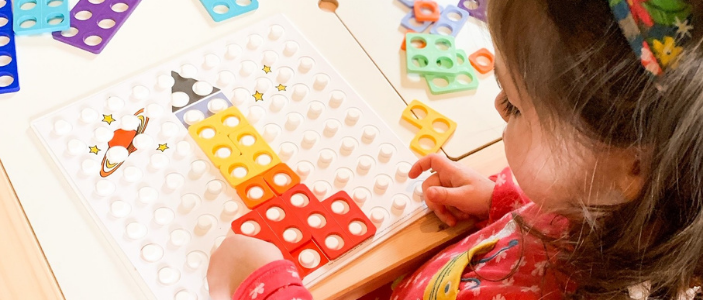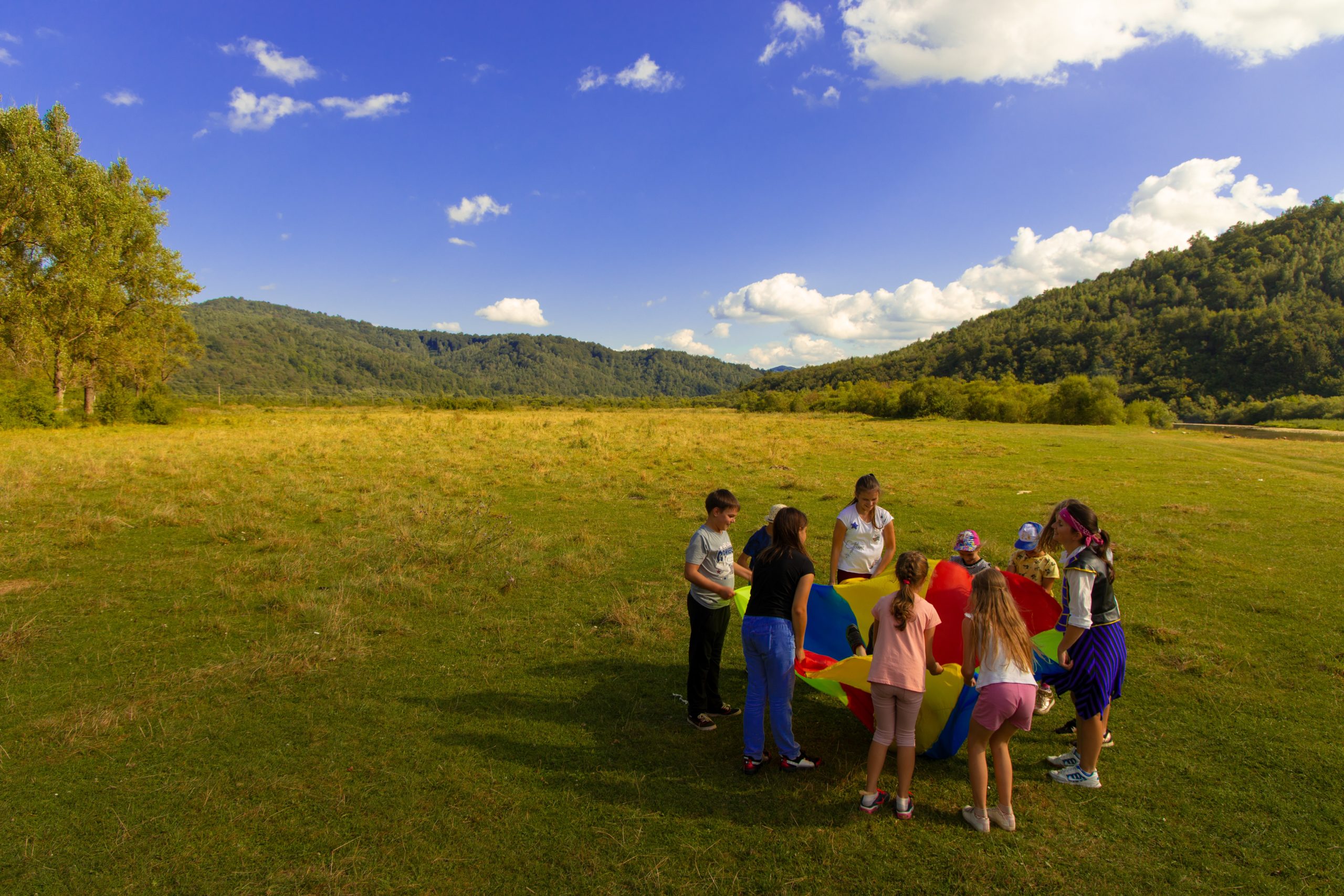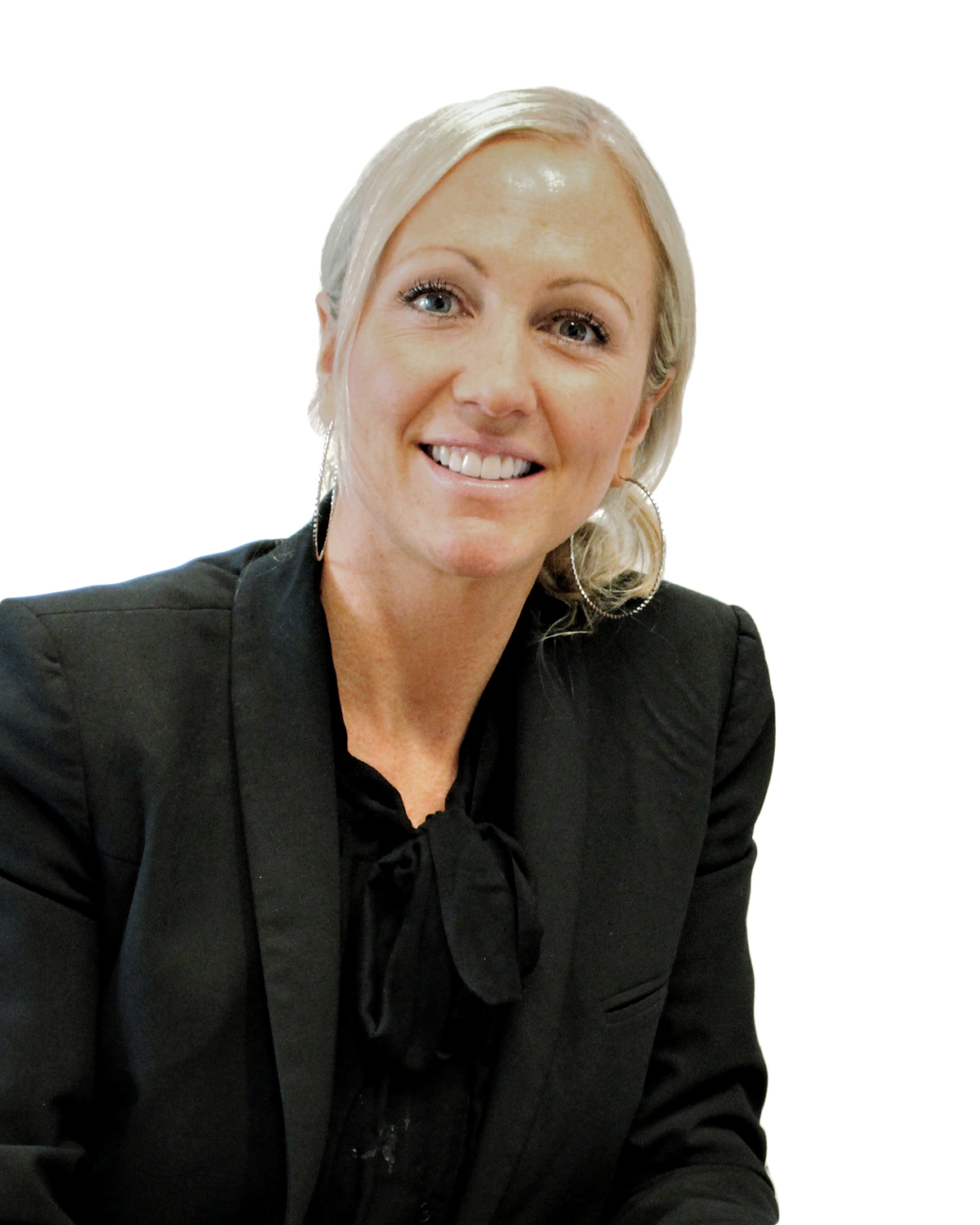Johanna Aiyathurai, CEO of Learn and Thrive, talks about inclusivity in the classroom and how Numicon can help.
Read moreEarly Years
Johanna Aiyathurai, CEO of Learn and Thrive, writes about how you can use Numicon in teaching maths to children with Down’s syndrome.
Read moreRachel Hussain explains how to explore key EYFS maths ideas through stories and rhymes
Read more
International Maths Teaching Lead, Adil Jaffer shows parents three easy ways to encourage joy and curiosity through maths in the home.
Read more
Author and early years teacher Sue Cowley shares why she loves Numicon Firm Foundations a comprehensive programme of maths activities for EYFS.
Read more
We summarise Dr Helen J Williams’ webinar on key priorities for early maths and the predictors of later achievement, part of our Maths Adventure series.
Read more
Beth Cox has been making books incidentally inclusive since 2005. She works with publishers to help them understand the basic principles of inclusion so that they can embed inclusion in everything they publish. She’s also a co-founder of Inclusive Minds , a collective of people championing authentic inclusion in the children’s book world. Inclusive Minds has a […]
Read more
What should education outside planet Earth look like? One of my students’ favourite thought is to imagine that we have found a new planet to inhabit and that they have been put in charge of the extra-terrestrial education system. What will they bring to the future home of humanity? What classes would they mandate? What […]
Read more
Beth Kerr is Group Wellbeing Director at Cognita, offers advice on how to make the promotion of wellbeing in school communities a collective responsibility.
Read moreBeing in the midst of a pandemic means there has never been a better time to focus on the importance of relationships and connection in schools, as well as the wellbeing of students and teachers. But, it shouldn’t have to take a global health emergency for us to prioritise the things that research has been […]
Read more
